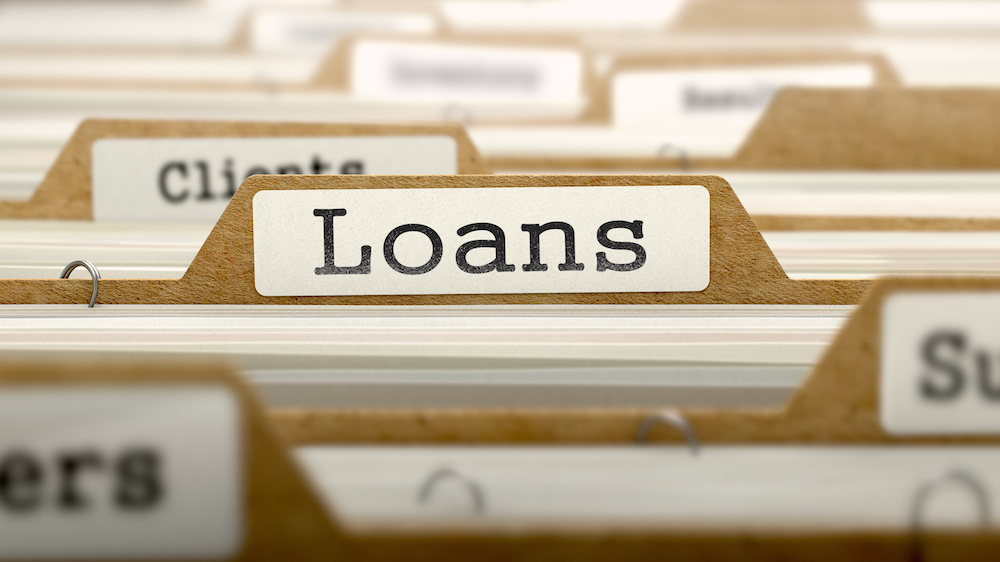We’ve known for a while that it’s been much more difficult to get a loan from thebig banks since the recession, particularly for smaller or less established businesses.
One side of the issue that’s not often discussed, though, is that even the fortunate businesses that manage to get a loan from their banks almost always get a secured loan.
Secured means the loan is backed up by a valuable asset such as commercial property, vehicles, machinery, or equipment — valuable items that the lender takes a charge over, which can be sold to recoup the loan in the event of a default.
It’s reasonable that the banks want to offset their risk by securing the loan against something valuable held by the borrowing business. Unfortunately, this situation makes secured loans out of the question for high-growth firms that don’t have assets. This is where unsecured business loans come in.
How can unsecured business loans help?
Although the major banks do offer unsecured business loans, they’re very unlikely to be for more than £40,000 or £50,000 and banks generally shy away from them in favour of using security. On the alternative finance market, however, there are lenders who are willing to lend up to £250,000 unsecured.
One of the biggest advantages of unsecured business loans is that they’re usually faster to get in place than secured loans, because no valuations are necessary.
This ability to access significant working capital quickly means fast-growing companies can be agile when new opportunities come up, whether that means gearing up for a big new project or taking on new staff or equipment to do more business.
Another thing worth pointing out is that unsecured loans are open to a much wider range of businesses, because you don’t need to have valuable assets.
A business services firm, for example, is unlikely to have many assets apart from phones, computers, and office furniture — none of which are easy to use as security for a loan.
For high growth firms in such sectors, unsecured business loans are often the only option available, so it’s a great thing that more and more alternative lenders are offering them.
What to consider when getting an unsecured business loan
The most important consideration for unsecured loans is that because they’re not based on assets, your accounts and affordability become much more important.
In other words, if you have a short trading history and you’ve only just reached profitability, a sizeable unsecured loan is going to be a challenge to get.
Because the lender’s risk is higher with unsecured business loans, it’s also more likely that they’ll ask for a personal guarantee — which can indirectly involve your personal assets such as your home. If you’re not comfortable offering a personal guarantee, perhaps it’s too soon for an unsecured loan.
Another thing to bear in mind is that you’ll have to demonstrate a robust business plan, detailed financials, and a clear picture of how you’ll generate the revenue to make repayments on time.
However, given that unsecured business loans are ideal for companies aggressively expanding, this should be achievable.
Conclusion
Unsecured business loans are perhaps the best way for high growth companies to push forward and expand.
With alternative lenders on the market prepared to lend up to £250,000 unsecured, if you can demonstrate your potential for explosive growth there’s no longer a barrier to achieving your plans.
For some businesses, raising finance is now the easy part — and the hard part might be deciding what to do with the money.
Conrad Ford is the chief executive of Funding Options, recently described by the Telegraph as “the matchmaking website for small businesses and lenders”.






